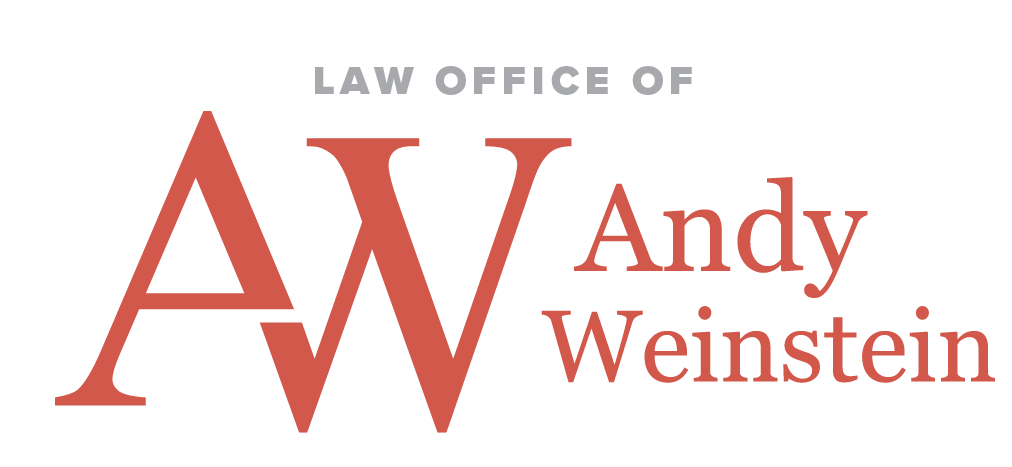Many people facing criminal charges assume that their case will be heard in front of a judge or a jury of their peers. However, the reality is that many criminal cases never go to trial. A prosecutor may decide to offer a plea deal to the defendant to avoid trial altogether.
The plea deal may require the defendant to plead guilty to lesser charges in exchange for a lighter sentence. The defendant may choose to accept the plea deal or reject it and go to trial.
Plea bargains are often advantageous to defendants who have been accused of a New York crime, as well as to prosecutors bringing charges. Plea bargains can benefit prosecutors by giving them a guaranteed conviction without having to prove their case at trial.
Plea bargains can be advantageous to defendants by:
- Reducing risk: A defendant who goes to trial is putting their fate in the hands of a judge or jury. Even with a solid defense, it is impossible to predict what they will decide. By signing a plea deal, the defendant can be sure of what their conviction and sentence will be.
- Avoiding trial: Criminal trials can be costly, emotionally draining, and take a long time to get through. Defendants may not be financially or emotionally prepared to handle a trial.
- Possible lighter sentencing: Many defendants who take plea deals are given lighter sentences than what they would have gotten if they had been found guilty at trial.
- Possible reduced charges: The defendant can avoid having a more serious charge on their criminal record.
While plea bargains can often be advantageous to both prosecutors and defendants, there are also downsides. Even if the defendant is not guilty, they may have to plead guilty to a crime they did not commit. If the defendant is guilty, the lighter charge or sentence may seem unjust to the families of the victims.
Negotiating a plea is just one step in the path of a criminal case in New York. It is important for defendants to carefully consider the pros and cons before deciding to accept a plea bargain.

